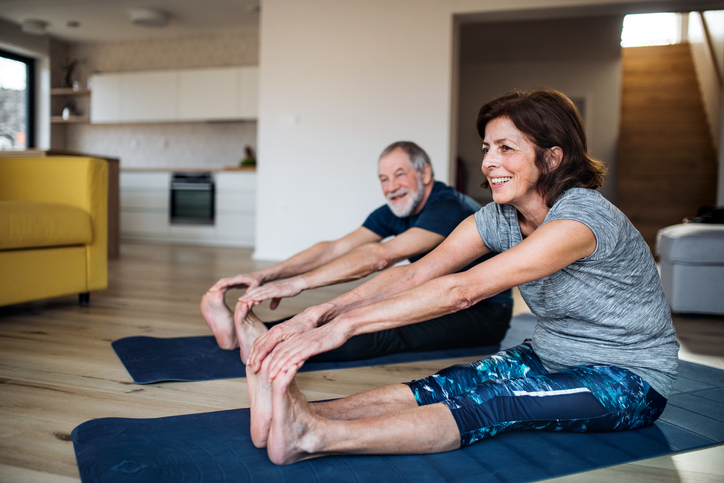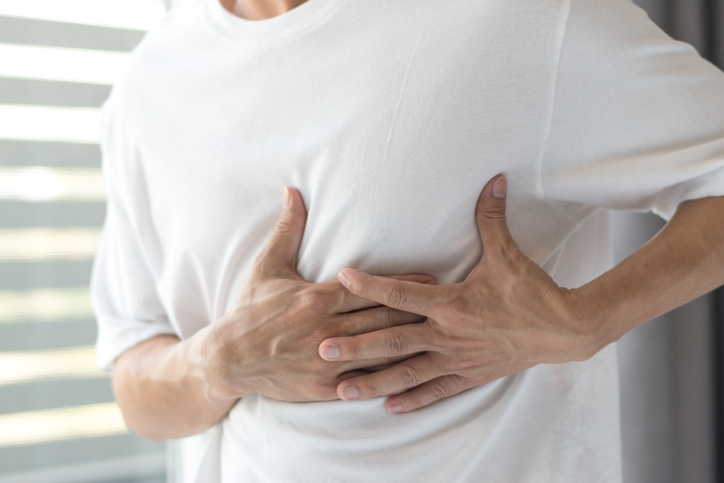Pain
At-Home Treatments for Intercostal Neuralgia

What is intercostal neuralgia?
Intercostal neuralgia is a type of neuropathic (nerve) pain. It involves the nerves that arise from the spinal cord and lie beneath the ribs. These nerves are connected to the muscles of the rib cage, skin and chest cavity. The main symptom of intercostal neuralgia is pain around the ribs, in the upper chest or in the upper back.
Treating intercostal neuralgia at home
In addition to conventional medical treatments, several at-home treatments can help reduce intercostal neuralgia pain. These include topical treatments, stretches and lifestyle modifications.
Topical treatments
Over-the-counter topical treatments, which include capsaicin and lidocaine, can help reduce the symptoms of intercostal neuralgia:
- Capsaicin cream is made from hot chili peppers. When applied to the skin, it creates a temporary burning sensation that may be uncomfortable. However, individuals who consistently use it report improvement in nerve pain. Patches containing capsaicin are also available. The cream or patches can be applied to the chest or back to reduce pain.
- Lidocaine is an anesthetic that has a temporary numbing effect when applied to the skin. Lidocaine is available in gel, ointment or patch form.
Stretches
Several stretches can also reduce intercostal neuralgia pain:
- Stand with arms at the sides and elbows bent at a 90-degree angle; move arms backward while bringing shoulder blades together. Hold for 10 seconds; repeat.
- Stand tall with spine straight, and breathe as deeply as possible. Repeat five times.
- Sit or stand with arms straight over the head, and grasp hands together. Keep elbows locked. Bend to one side and hold for 10 seconds. Relax, and then repeat on the opposite side.
Lifestyle modifications
Certain lifestyle modifications can reduce nerve pain, including pain caused by intercostal neuralgia:
- Exercising releases endorphins which naturally reduce pain. Regular exercise also improves blood flow and expands blood vessels which can help nourish and heal damaged nerves.
- Practicing proper sleep hygiene helps reduce pain. Nerve pain may get worse at night, so good sleep habits are necessary to help the body get as much rest as possible. Going to bed and waking up at the same time each day and limiting caffeine intake are helpful habits to improve sleep and reduce pain.
- Limiting alcohol use is not only good for overall health, it also is good for pain reduction. Excessive alcohol use can damage the nerves and worsen pain. Some experts advise no more than four drinks per week.
- Practicing meditation can reduce both stress and pain levels. Guided imagery and biofeedback may also be beneficial.














